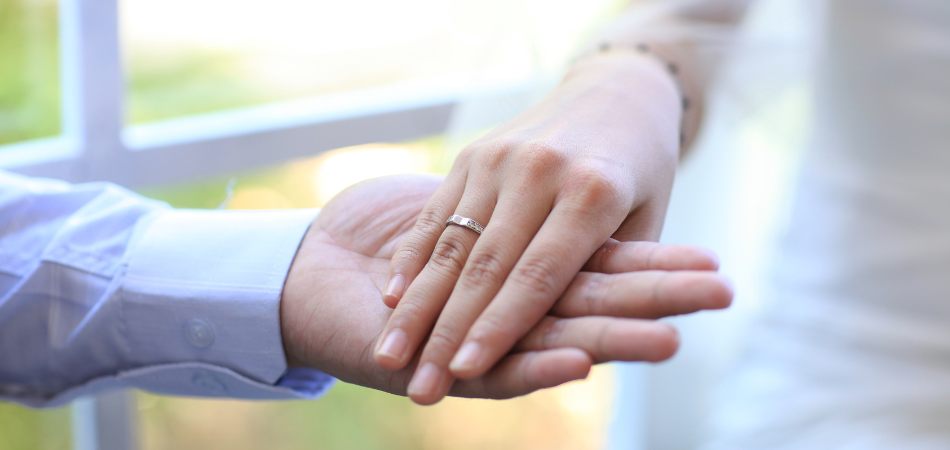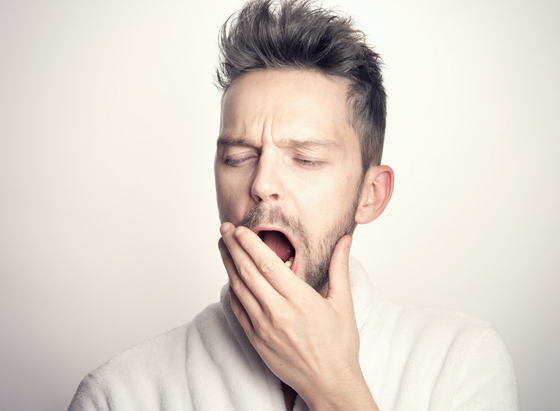Ecstasy detox

Written by:

Medically Reviewed by:
Last Updated:
April 14th, 2025
At Sanctuary Lodge we are dedicated to ensuring you are kept safe and comfortable throughout ecstasy detox.

Understanding ecstasy detox
It is important to understand what ecstasy detox is, what happens during ecstasy detox and what to expect if you are about to embark on your own recovery. At times, all of these questions can feel a little overwhelming, but do not worry – our team at Sanctuary Lodge is here to help you.
First, let’s talk about what ecstasy detox actually is: it’s the first stage of recovery that involves flushing out harmful toxins that have accumulated in your body as a result of ecstasy use. This is a naturally occurring process that begins once you stop taking ecstasy – it is your body’s way of adapting to a life without drugs and healing.
The safest and most effective way to detox from ecstasy is through a specialist detox centre like Sanctuary Lodge. By seeking professional help, you will give yourself the best chances of a successful ecstasy detox and onward recovery.
What is ecstasy withdrawal?
Ecstasy works by flooding the brain with serotonin, dopamine and norepinephrine – neurotransmitters responsible for mood, energy and physiological functions. This gives users the ‘high’ associated with ecstasy use, most notably feelings of euphoria, happiness and pleasure.
With consistent ecstasy use, your brain eventually stops producing its own serotonin, dopamine and norepinephrine and becomes dependent on ecstasy to supply them instead. When you suddenly stop taking ecstasy and begin detox, your brain is then unable to function properly and this can lead to some uncomfortable withdrawal symptoms.
Ecstasy withdrawal symptoms
Ecstasy detox and withdrawal symptoms can vary in intensity, depending on several factors. These include:
- The frequency of ecstasy use
- The duration of ecstasy use
- The amounts of ecstasy consumed
- Individual health
- Age and genetics
Unlike other illicit substances though, physical symptoms are typically less prominent during ecstasy detox and withdrawal. The psychological symptoms, however, can be profound and may even lead to relapse if not properly managed.
Ecstasy withdrawal symptoms may include:
- Anxiety and depression
- Insomnia
- Fatigue
- Memory loss
- Reduced cognitive function
- Irritability and mood swings
- Loss of appetite
- Paranoia
While ecstasy withdrawal symptoms may not appear too risky at first glance, severe mental health issues can prove extremely dangerous. For example, those suffering from acute depression during the ecstasy detox and withdrawal period may be prone to suicidal ideations or self-harm.
Ecstasy is also often cut with a variety of other drugs, including heroin, fentanyl, amphetamines and other concoctions. The illegal manufacturing methods of ecstasy make it impossible to know exactly what you have been taking, and this can make ecstasy detox unpredictable and dangerous.

Ecstasy withdrawal vs comedown
It is important to note that an ecstasy ‘comedown’ is not the same as ecstasy withdrawal. A comedown refers to the period after taking ecstasy when serotonin levels in the brain are depleted, and users may experience fatigue, depression, anxiety and sleep excessively. This typically lasts for a few days and is much like a hangover.
Unlike a comedown which can take place after one single use, ecstasy withdrawal refers to suddenly stopping after a long period of time. While the symptoms may be similar, anyone who takes ecstasy can experience a comedown, whereas ecstasy withdrawal refers to a more serious dependency.
Ecstasy detox timeline
The ecstasy detox timeline will vary from person to person, and there is no one-size-fits-all answer. However, the general rule of thumb is that withdrawal symptoms will peak within the first week after stopping use, and should start to dissipate after two weeks. As time goes on, you will be able to reap the many benefits that come alongside completing ecstasy detox, including a clearer mind, better physical health and a new found freedom and joy in life.
A typical ecstasy detox timeline may appear as follows:
Eight to twelve hours after last use
After the effects of ecstasy begin to wear off, the initial comedown will begin. You may experience extreme fatigue and a significant drop in mood during the first few hours of ecstasy detox.
Twelve hours to six days after last use
Ecstasy withdrawal symptoms will begin to intensify after twelve hours and usually peak within the first few days. You may notice anxiety, depression, paranoia, impaired cognitive function, memory loss, and an inability to concentrate during this stage of ecstasy detox.
One week after last use
The majority of your ecstasy withdrawal symptoms should begin to subside after one week, however, you may still have to battle some ongoing depression and mild psychological impairments.
It is important to remember that everyone’s experience with ecstasy detox is different, and some people may find their withdrawal symptoms linger for longer periods of time. Do not be discouraged if this is the case – reach out to your support system for help and advice.
Cravings can also reappear at any point and so it is vital that you continue treatment with ecstasy rehab so that you can ensure a full and long-lasting recovery.
How can I detox from ecstasy safely?
If you are struggling to give up ecstasy, the most important thing you can do for yourself is to enrol in a specialised ecstasy detox clinic. While detoxing from ecstasy at home may seem tempting, it leaves you open to potential risks.
Trying to detox from ecstasy without medical supervision can be extremely dangerous and may even lead to death in some cases. Intense psychological symptoms can result in a great deal of harm.
The potential for relapse is also high when going it alone – you’ll be exposed to your usual triggers and may not have the support you need to stay away from ecstasy. Without the necessary medical and emotional assistance, it can be all too easy to fall back into old patterns of behaviour.
If you are worried about yourself or a loved one, the best thing to do is to reach out for help as soon as possible. There are many ecstasy detox and treatment centres across the country that can provide you with the support and care you need to safely detox and recover from your ecstasy abuse.

The benefits of ecstasy detox
There are a great many benefits that come with ecstasy detox, the most obvious being that you will no longer be using an illegal substance, which can have a profound impact on your life.
Detoxing from ecstasy can also improve your mental and physical health, as well as your overall quality of life. Once you are free from the clutches of ecstasy addiction, you will be able to focus on other aspects of your life that may have been neglected during your substance abuse. You’ll be able to discover new hobbies you enjoy, rebuild relationships affected by your ecstasy use and start to make plans for your future.
Supporting a loved one through ecstasy detox
Seeing a loved one go through ecstasy detox is never easy, and you may feel anxious about their safety or concerned about relapse. While this is a nerve-wracking time, educating yourself on the best ways to support them through ecstasy detox can make it undoubtedly easier.
There are many ways you can support your loved one during their ecstasy detox, such as:
- Helping them to find a reputable ecstasy detox clinic
- Being aware that ecstasy detox may be uncomfortable but still encouraging them to stick to their ecstasy detox and treatment plan
- Listening to them when they need to talk
- Offering support and reassurance throughout their ecstasy detox
- Providing emotional support during difficult ecstasy withdrawal symptoms
- Helping with domestic tasks and childcare
Having your support could mean the world of difference to your loved one, especially as they battle through the psychological symptoms of ecstasy withdrawal.
Sanctuary Lodge is also happy to offer professional support to family members should you need it – all you need to do is pick up the phone.
Next steps
There is no shame in admitting that you need assistance in overcoming ecstasy abuse. Luckily, there are many people who are ready and willing to help you through ecstasy detox and your ongoing treatment. With dedication, recovery is certainly possible. There is hope for a better future, away from the detrimental effects of ecstasy.



